Life as a successful Mechanical/Technical Sales and Service Engineer
Hisham Gialal graduated with a degree in Mechanical Engineering and has over twenty years of experience. He has worked both on- and offshore in the oil and gas, marine and energy industries.
He speaks Arabic, English and Maltese.
At the moment Hisham works for John Crane as a Technical Sales & Service Engineer. In this article Hisham discusses his work and shares his experience and knowledge of working as a Technical Sales and Service Engineer.
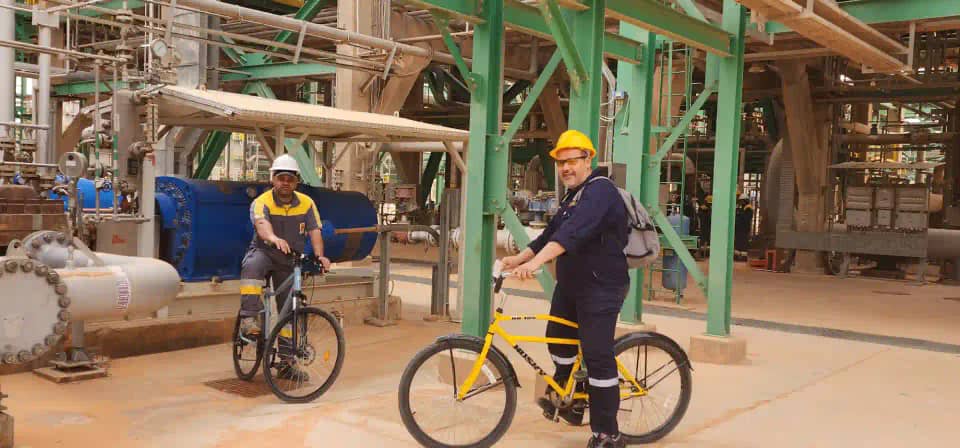

Working for John Crane in Libya as Technical Sales and Service Engineer
Background
Can you describe your career at John Crane?
John Crane is a leading manufacturer of mechanical seals and seal support systems and a significant provider of solutions in this field. So, all my roles have been very technical such as refurbishment and repair of the wet seals, encompassing tasks such as stripping, inspection, identifying the cause of fail, creating a detailed report, assembly, and testing.
As well, I have been involved with training end users and other engineers, and answering any questions which arise.
I gradually became more customer facing and involved in sales but remained technical. I visit customers, answer questions, demonstrate the advantages of our products and introduce our service centre. As I have stayed hands-on as an engineer, I have credibility with the customers. I am still involved with technical support in the field.
Typical week in current role
What is your typical week like?
I specialise in wet seal repair at the service centre and technical support for John Crane customers in the oil and gas and power industries. I also work alongside the technical sales team both with existing and new customers. So, each week is very different depending on what is needed and whether I am at the service centre or onsite.
Working remotely as a Technical Sales and Service Engineer
What is the key reason for remote support?
We use remote working as this way gives highly responsive feedback and an outstanding level of customer service until we can reach the customer site.
How much of your work is on site and how much remote?
That depends on the week and the situation. However, Libya is a large country and some of the oil fields are 600-1000 km away from our service centre, which is in the capital, Tripoli.
Because of the size of the country and the fact that problems are often urgent, remote work is very key. Between a problem being reported and travel arranged could be as much as a week to ten days, so a better alternative is remote support. This is especially useful if the issue is critical.
How do you organise remote support?
I use a combination of emails and phone calls and work ‘as a team’ with the people who are on the ground. I ask them for data and to take measurements and readings. Then I can resolve the issue from the information they give me and my past experience. A good relationship is key for remote support as accurate communication is vital. It also helps that I have travelled a lot as a field engineer so can really understand the conditions they are working under and the amount of time pressure they are under.
Why is being as good at remote support as face-to-face support so important?
When distances are large, and travel is difficult or slow, remote support can be the only or the preferable solution. A good service engineer needs to be equally good remotely as they are face to face.
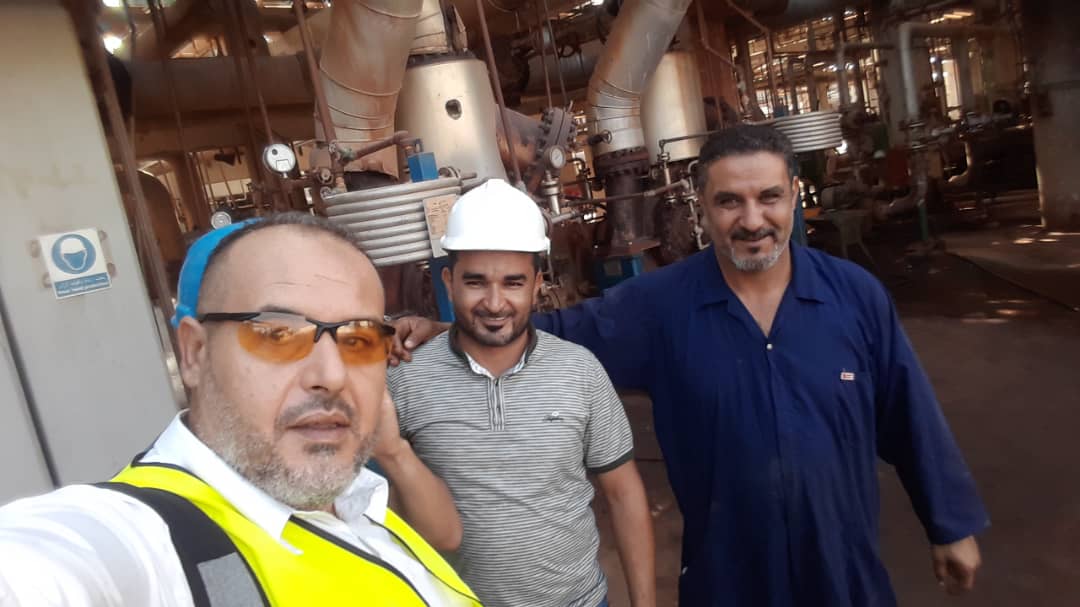

Building trust with customers as a sales and service engineer
How do you build trust with your customers?
The way that I develop a high level of trust with my customers is to look after them. I stay in touch even in the evenings when the working day has finished. They learn that they can rely on me and that I understand the issues they are facing and that I always want to find a resolution.
Working across cultures
What are the advantages of working with many different cultures?
I have worked offshore and onshore in the oil and gas and marine industries and so have worked with many different people from many different nationalities. That is why I feel I have been lucky to have this working life and it has given me many advantages. I have experienced different ways of communicating and of working. I am a stronger communicator because of it and have friends and supporters globally.
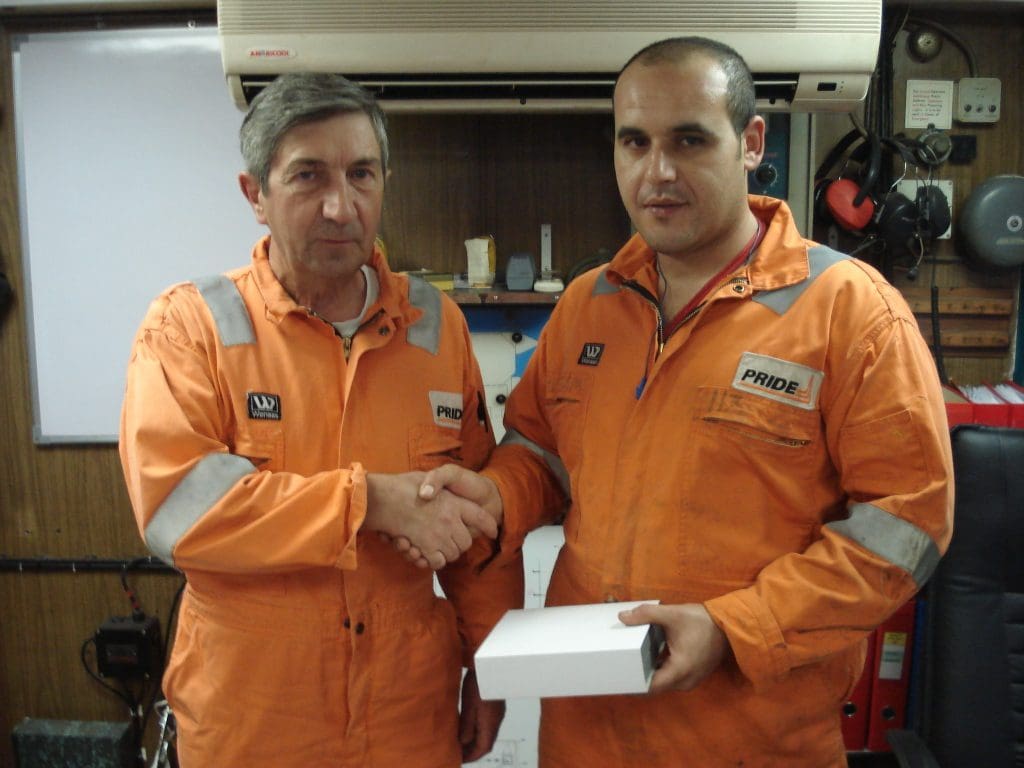

English language skills as an engineer
You speak both Arabic and English? How have you continued to improve your English?
I have improved by being in the field. Of course, discussing technical issues is the easiest thing for me in English; whereas discussing politics is the most difficult.
I have always socialised with my colleagues and all the people I am working with, and this time spent after hours has strengthened my relationships and also improved my English level. In general people who work in the field and are working remotely and possibly on rotation are very good at socialising after hours, communicating with everyone, making jokes, sharing stories etc. If you are working 28 days on/28 days off in a difficult location with a challenging role, you have to use humour and form friendships quickly!
Skills for being an excellent sales and service engineer
What makes an excellent sales and service engineer?
An excellent sales and service engineer needs very strong communication skills as well as excellent technical skills. In some ways, communication skills are even more vital than technical skills.
In my case, excellent communication skills come from years of experience and working with hundreds of people from different countries. This is why field work is so important.
What advice would you give to someone starting as a technical sales and service engineer?
My advice can be summarised into five key areas as follows.
You need to be confident and to be spontaneous as much as possible.
It is key that you need to be good at listening and only take the chance to speak when you have listened well.
You need to be able to sound credible and always tailor your message to the listener.
Your visits, emails and calls need to inspire confidence in the customer. This will make the customer feel that you are working side by side all the time.
Everything you do needs to be based on a high level of knowledge and experience.
From my experience, I know that my customers know that I give them 100% all the time, and so they trust me.
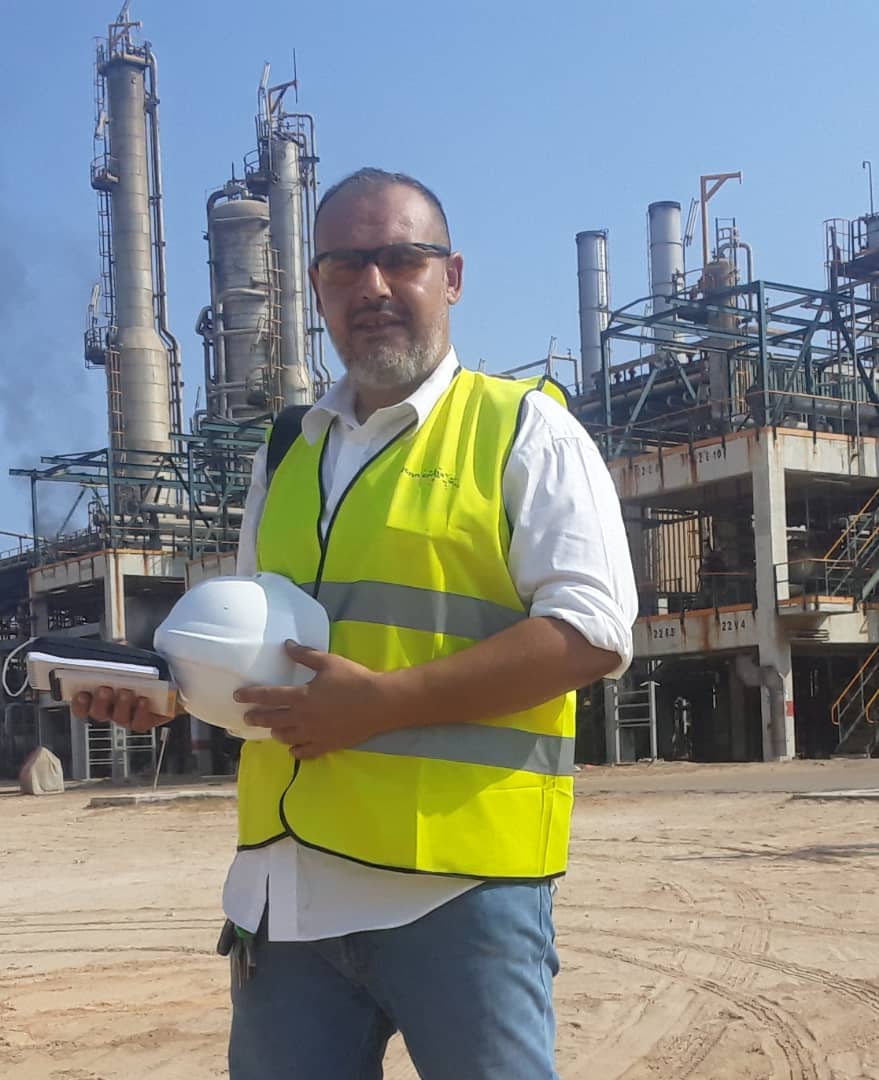

Why become a sales and service engineer
Why would you recommend working in the field as a sales and service engineer?
I would recommend this type of career as you can gain a lot of satisfaction from solving problems. You have to face challenges and solve issues all the time and so you become creative, innovative, and courageous. So, you become a better engineer and a better communicator.
To be honest, working in the field is not a job, it is a lifestyle. You need to be the sort of person who enjoys spontaneity, is open minded, likes working with many cultures and makes friends easily. So, if you can be like that, then field sales and service is the right place for you.
When you work in the field, then even if you arrive on your own, you are always going to be working in a team.
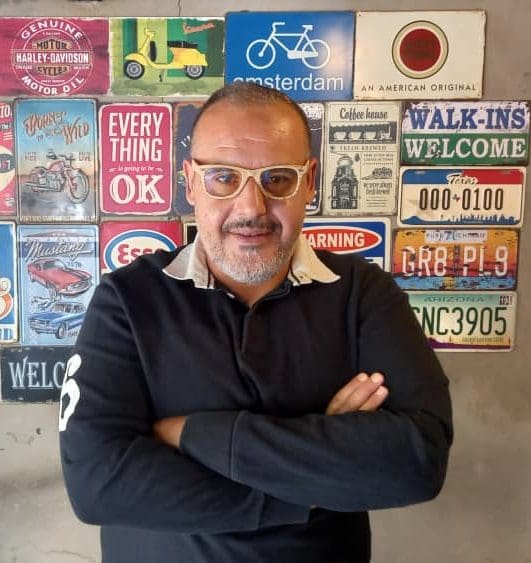

Further reading
What makes a great Sales Engineer?
The life of a Technical Sales Engineer for Altium


Responses